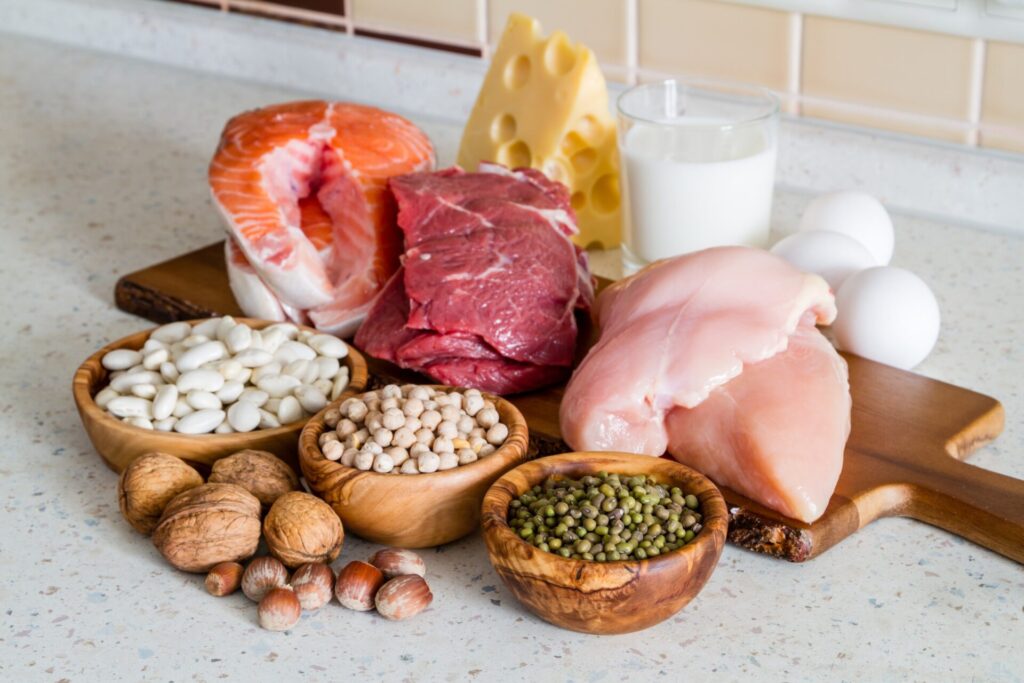
Wound healing is a remarkable process, but it requires the body to work hard. Proper nutrition plays a vital role in supporting this process, ensuring your body has the building blocks it needs to repair damaged tissue. If you’re recovering from a wound at home, here are some key nutritional considerations to keep in mind:
Building Blocks: The Power of Protein
Protein is essential for building and repairing tissues. Aim for 1.25-1.5 grams of protein per kilogram of body weight daily. Excellent sources include lean meats, poultry, fish, eggs, beans, lentils, and tofu. Whey protein powder is also a convenient option. Consider incorporating protein at every meal and snack throughout the day.
Micronutrient Marvels: Vitamins and Minerals
Certain vitamins and minerals are crucial for wound healing. Here are some key players:
- Vitamin C: A critical component of collagen production, essential for healthy skin tissue. Load up on citrus fruits, berries, bell peppers, and broccoli.
- Zinc: Plays a role in collagen formation and immune function. Include oysters, lean beef, poultry, fortified cereals, and nuts in your diet.
- Vitamin A: Supports cell growth and immune function. Find it in sweet potatoes, carrots, leafy greens, and orange-colored fruits.
Stay Hydrated: The Importance of Water
Water is vital for transporting nutrients throughout the body and flushing out toxins. Aim for eight glasses of water daily, adjusting for your individual needs and climate.
Beyond the Plate: A Balanced Approach
- Mind Your Portions: Overeating can put strain on the body. Focus on balanced meals with a variety of nutrient-rich foods.
- Limit Processed Foods: Sugary and processed foods can hinder healing. Opt for whole, unprocessed foods whenever possible.
- Manage Underlying Conditions: Certain health issues can impact wound healing. Work with your doctor to manage any existing conditions like diabetes.
Remember:
- Consult a healthcare professional or registered dietitian for personalized guidance based on your specific needs and wound type.
- Supplements may be recommended if dietary needs cannot be met through food alone. However, never take supplements without consulting your doctor first, as some can interact with medications.
By prioritizing good nutrition, you can actively support your body’s natural healing process and promote faster wound recovery from the comfort of your own home.
Recent Comments